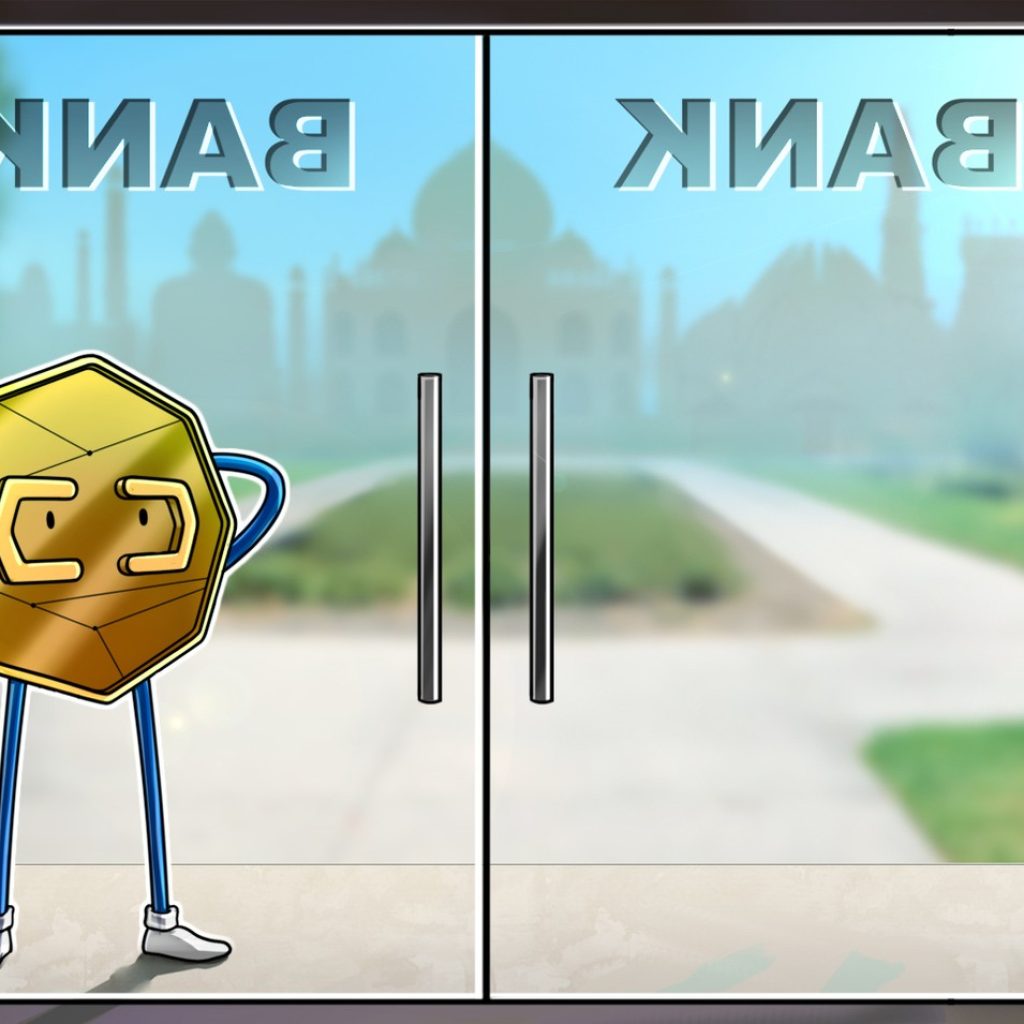
Aave’s stablecoin approval drew wild reactions from the crypto community, with many comparing its fate to TerraUSD (UST); however, Aave proponents were quick to point toward the overcollateralized factor.
Aave DAO, the governance body behind decentralized finance (DeFi) giant Aave (AAVE) protocol, has unanimously voted in favor of creating an overcollateralized stablecoin called GHO.
The Aave company put up the GHO creation proposal on July 28, which received an overwhelming 99.9% community vote over the course of three days. The proposal ended on Jul 31 at 10:00 am GMT with 501,000 AAVE tokens pledged in favor of creating the crypto-collateral backed stablecoin.

GHO would be an Ethereum-based and decentralized stablecoin pegged to the U.S. dollar that could be collateralized with multiple crypto assets. The next step in the process would be the creation of the GHO using a new Aave improvement protocol (AIP), and any user looking to mint GHO can do so by depositing any other crypto asset accepted by the Aave protocol.
Aave is a non-custodial decentralized crypto lending and borrowing platform that is hoping to leverage its overcollateralized stablecoin to offer better liquidity and passive income opportunity.
Being an overcollateralized stablecoin, users must always deposit a higher amount of crypto than the minting value of the GHO. This would ensure an overcollateralized loan on these stablecoins. Once the user repays the loan, their position will be liquidated, and their borrowed GHO will be burnt.
The lending protocol will also charge interest on loans taken out in GHO, with payments going back to the Aave DAO treasury, rather than the standard reserve factor collected when users borrow other assets.
Related: Aave to launch overcollateralized stablecoin called GHO
Aave’s announcement about a crypto-collateralized stablecoin brought back memories of the recently depegged TerraUSD (UST), the stablecoin collapse that wiped out nearly $40 billion in investors' money. Many users were quick to dismiss it as another stablecoin slated for depegging.
They always work out. Go #AAVE
— Turbolion (@HogSomFan) July 31, 2022
Depegging? Easy.
Just deploy more capital. Steady gals. pic.twitter.com/PnNFLwX8mX
Many Aave proponents were quick to point out the flawed working of the UST that made it uncollateralized, which eventually led to its depegging, however, the upcoming GHO would be overcollateralized similar to DAI which means the assets backing the stablecoin will always be of higher value. One user wrote:
“UST was uncollateralized and run by a crook that attacked people who called out that he was a crook. Aave is building an overcollateralized algorithmic stablecoin similar to DAI. Aave is the biggest DeFi lending protocol in the world and has been nothing but transparent.”
The native token of the popular DeFi protocol rose over 15% over the past week in the wake of the GHO proposal and has seen a 4% surge over the past 24 hours after the approval.





